Charlie Brooker’s cautionary technological tales have now been running for well over a decade, and they are almost in danger of seeming old-fashioned. When Black Mirror began in 2011, Instagram was only a few months old, the iPhone was a new novelty just coming into the mainstream, and Elon Musk was best known for being CEO of Tesla. Now, virtually everything in the world has changed, and Big Tech plays roles in our lives that the ever-cynical Brooker could barely have imagined. There is, naturally, a residual irony that in order to afford the budgets – and starry casts – that the show continues to demand, it long since left its original home on Britain’s Channel 4 for the deeper-pocketed Netflix, which still funds it into its seventh series.
The good news is that Black Mirror, which had been in danger of turning into self-parody, has taken the various technological advances and changes that are now the topic of daily discourse, most notably the apparently inexorable rise of AI, and has bolted them onto some of the show’s best, old-fashioned storytelling. The brilliant opening episode, the Rashida Jones and Chris O’Dowd-starring “Common People,” sets the tone. In its far-from-inconceivable tale of how a couple a few years into the future are forced into ever-more-desperate compromises and challenges after Jones’s character suffers a near-fatal brain tumor, only to be revived by an apparently helpful software company, Brooker brilliantly melds our very prescient fears about personal exposure with a cautionary tale about getting what you wish for. It bears a strong relation to W.W. Jacobs’s classic 1902 tale “The Monkey’s Paw,” itself recently loosely filmed as Osgood Perkins’s The Monkey, showing that our concerns haven’t changed much over the past century, only evolved.
This playful – if at times terrifying – interaction between past and present becomes the cornerstone of the show. The apparently slight but eventually deeply affecting “Hotel Reverie” begins as a goofy comedy – what if an old Forties black-and-white romance could have a contemporary A-list star seamlessly inserted into it? It gradually acquires resonance, thanks in large part to Emma Corrin’s pitch-perfect work (her best since The Crown) as an Ingrid Bergman-esque society lady who falls in love with Issa Rae’s Hollywood interloper.
Pitched this side of affectionate homage, there are one too many scenes of people sitting behind computers spouting jargon – an ongoing problem with this show – but it’s still successful, as is the Paul Giamatti-starring “Eulogy,” in which a depressed middle-aged man, informed of the death of his former girlfriend, is taken on a virtual tour of their lives together through the photographs that he took when they were younger. Owing equal debts to Beckett’s Krapp’s Last Tape and A Christmas Carol, it again contains a remarkable degree of emotional acuity that explodes the idea that Brooker is just a hard-hearted technophobe cynic.
The most talked-about episode of the series, however, has been undoubtedly its first straight sequel. The much-loved 2017 episode USS Callister, which won several Emmys, was a blistering postmodern take on Star Trek, complete with a magnetic star performance from Jesse Plemons as an apparently heroic but actually deeply sinister Captain Kirk figure. Its follow-up, the feature-length USS Callister: Into Infinity contains too many twists and reversals to spoil, but even allowing for some of the inevitable touches of self-indulgence and fan service that are present, manages to contain laughs, thrills and some worthwhile points about the perils of engaging too closely with virtual worlds, whether as participants or creators. It may not have the surprises or charm of the original, but still manages to be an entirely diverting hour and a half.
Black Mirror is no longer the cutting-edge satire on technology that it was when it began. Brooker is now too entrenched in the big-budget world of streaming television to be a true critic of the process (digs at Netflix are here, but are relatively mild), but he still has imagination and vision to spare. In this high-class latest installment – perhaps its best ever – he shows that he’s as much an old-school classicist as he is a modern-day disruptor, allowing audiences to relish great storytelling, done extremely well. And you don’t need virtual reality for that.



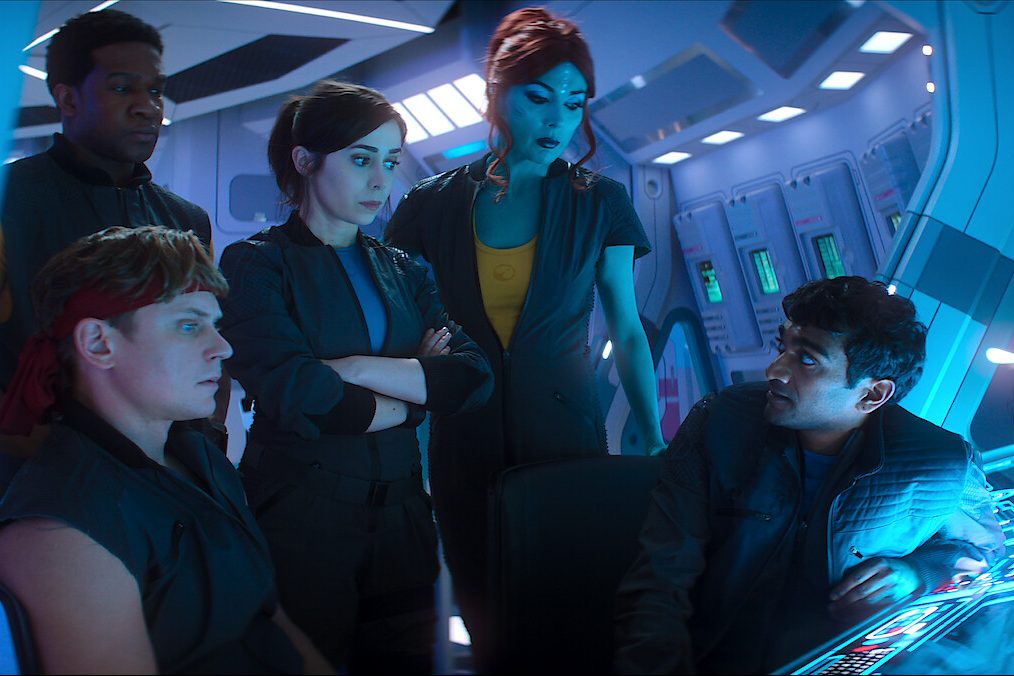







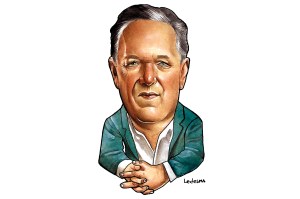

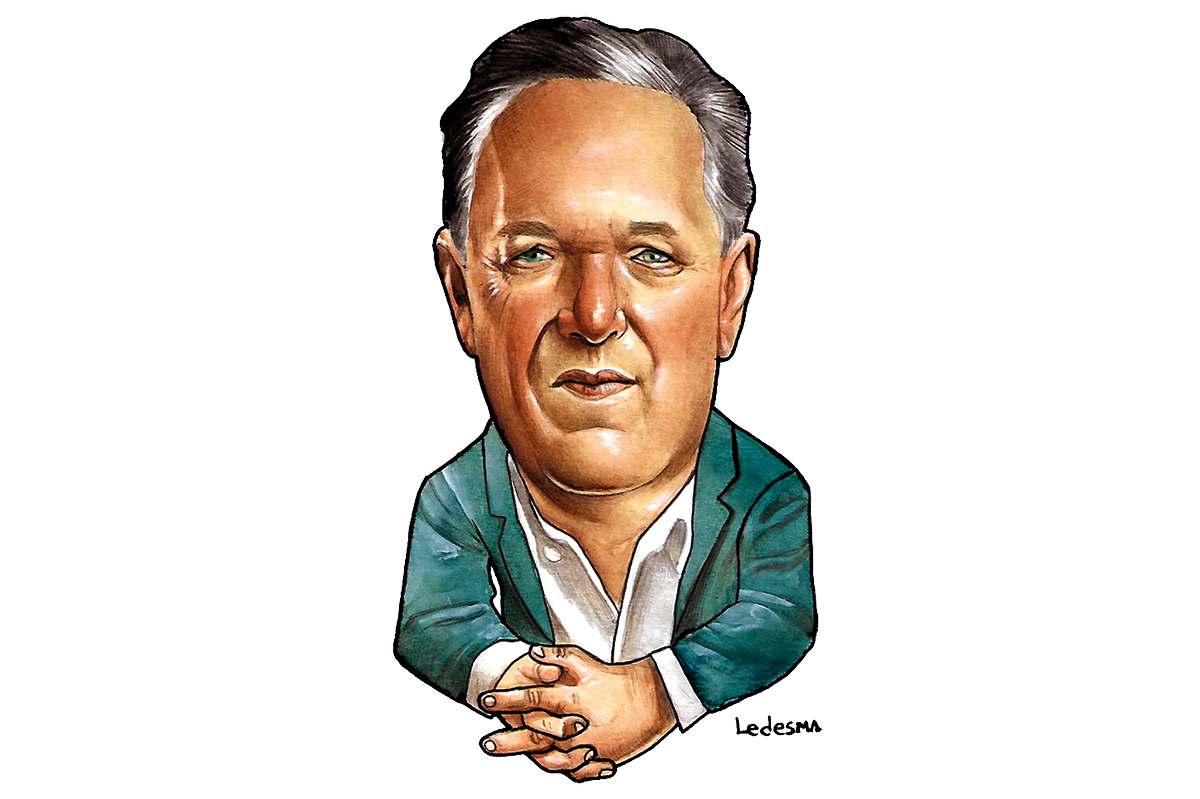
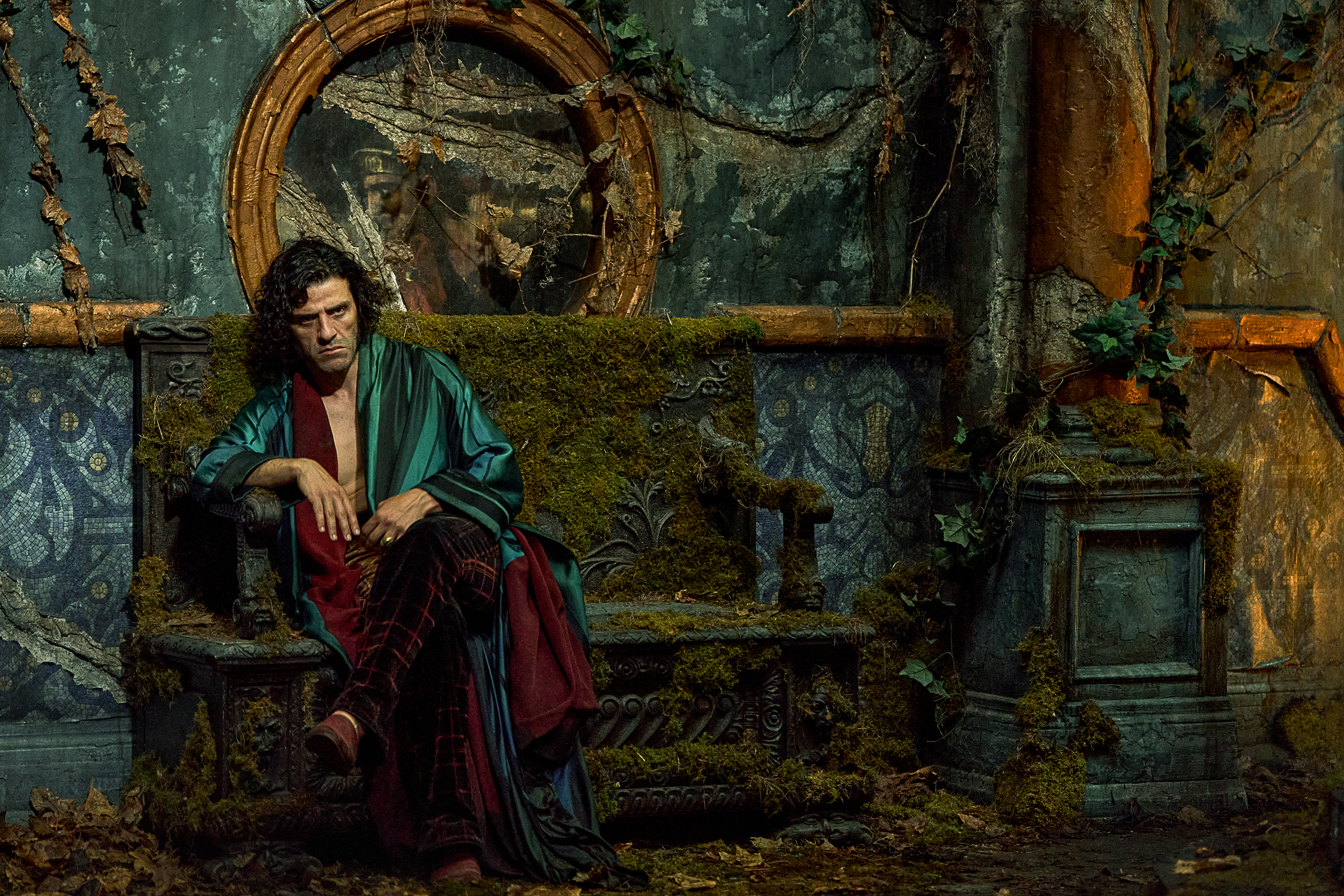

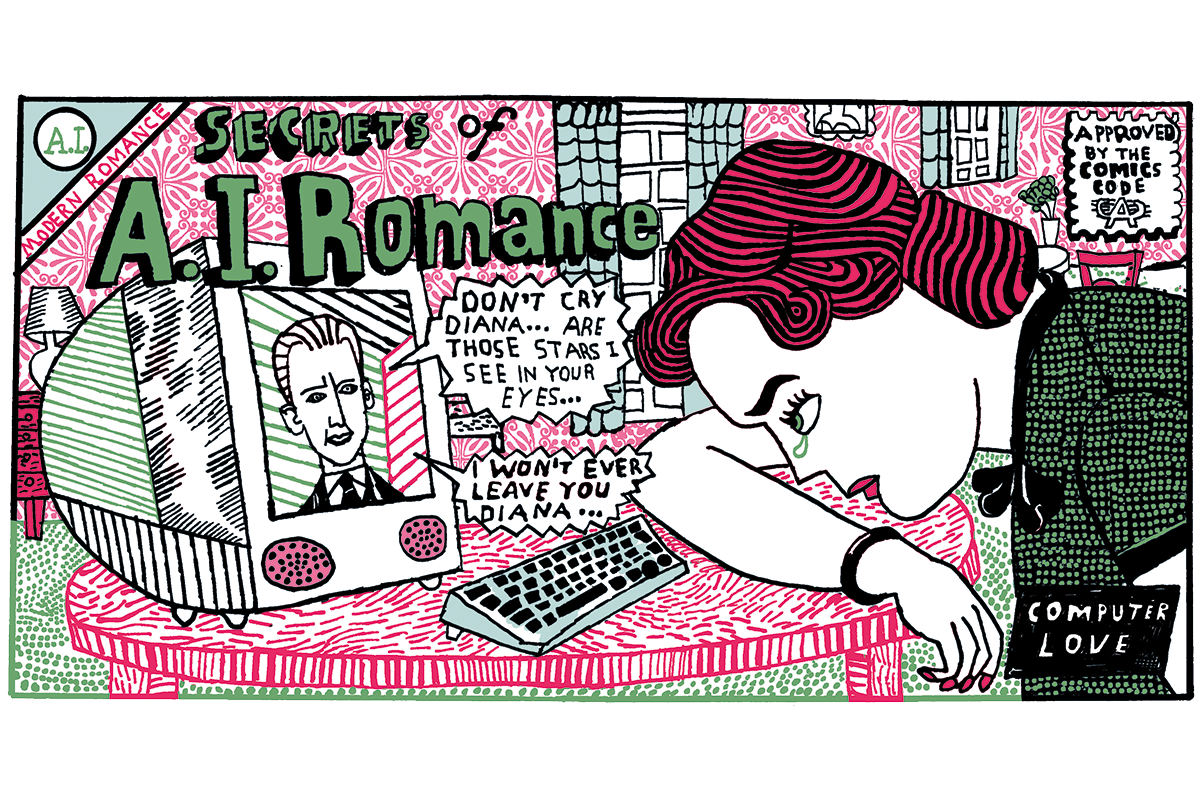

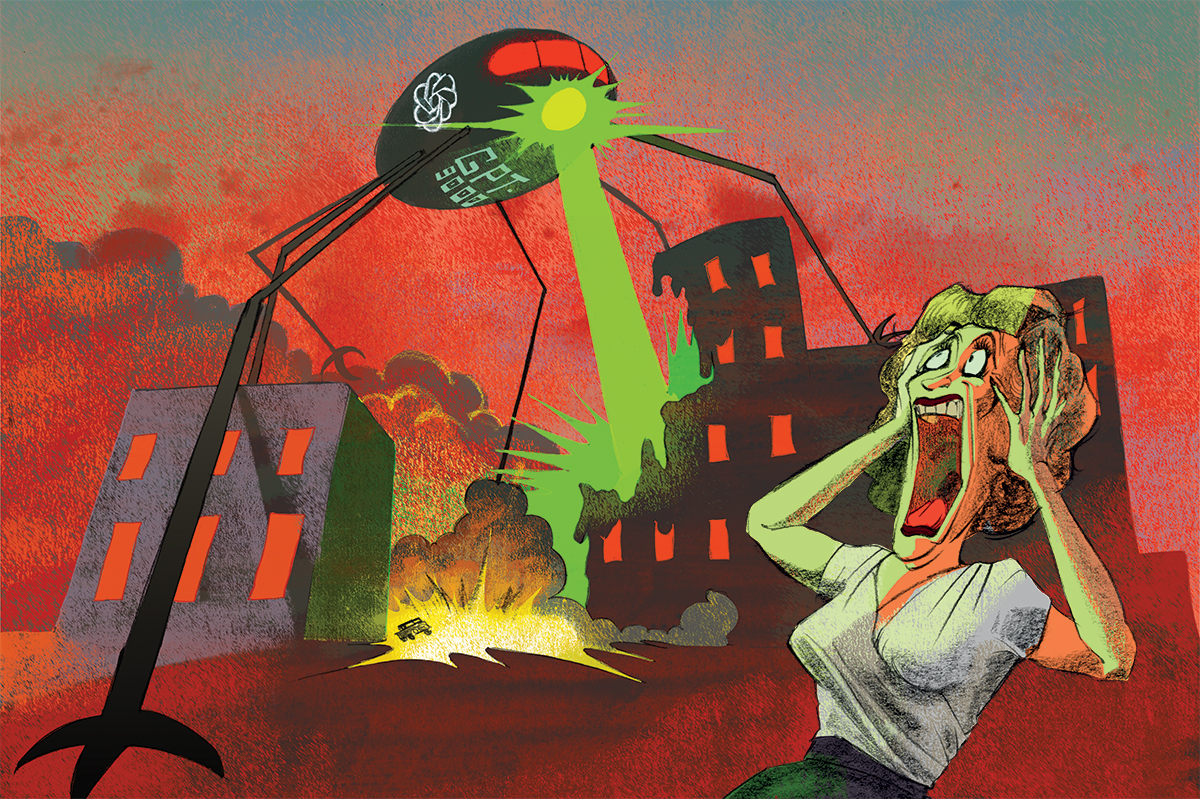







Leave a Reply